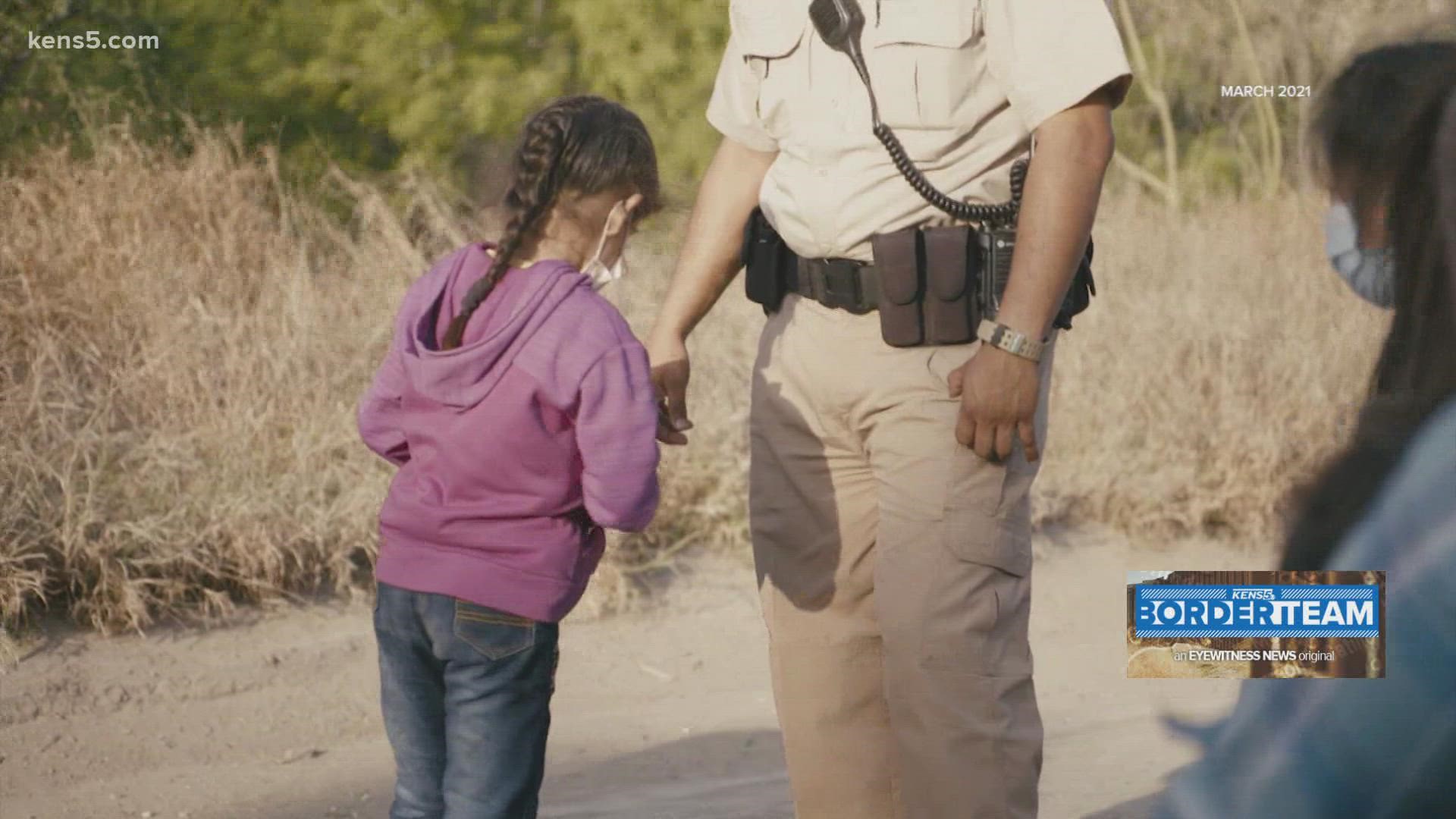'It’s a decision of courage' | Honduran mother explains why she sent her kids across the border without her
Advocates say parents are being forced to make heartbreaking decisions because of U.S. immigration policies.
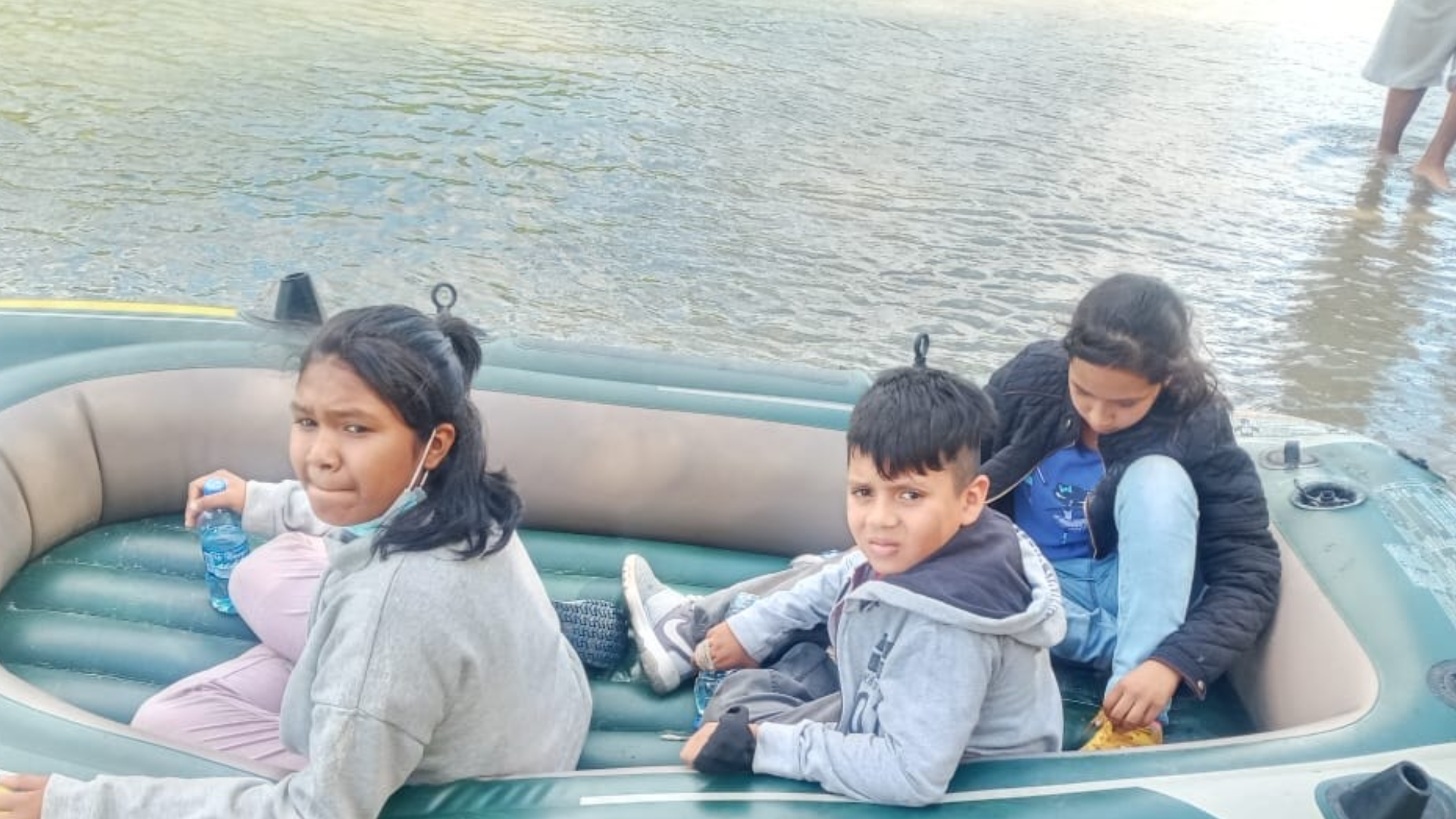
Many parents face an impossible choice when they send their children to cross the Texas/Mexico border with human smugglers. Advocates say they are often forced to make that heartbreaking decision because of U.S. immigration policies.
KENS 5's Anastasiya Bolton spoke to a Honduran mother who sent her three children across the border, her sister in the U.S. who took the children in, and organization that help detained migrant children.
Marlene A mother's impossible decision
Sitting in what appears to be a small room in Reynosa, Mexico, Marlene cries, as she tells us what it’s like to live without her three children and not know when she will see them again, after the family made a decision to send a 14, 11 and a 10 year-old across the Mexican border into the U.S. with a smuggler.
“It’s a decision of courage, you could say,” she said. “It was a decision we took with lots of courage, to look for a better future.”
“I feel empty, alone, they’re my kids. I love them and miss them, I miss them every day,” she said.
Sending Angely, Mariel and Dilan across the Rio Grande on a raft was not Marlene’s first choice.

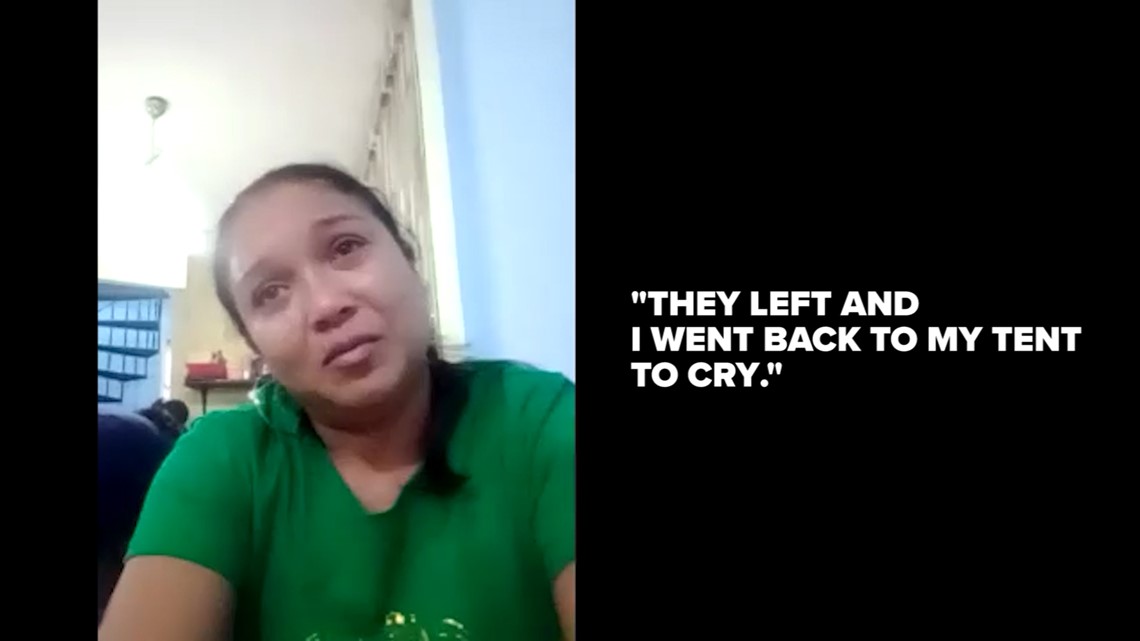
She’s from Honduras. For her safety, only her first name is being used in this story.
Marlene told KENS 5, she, her husband and the three kids first crossed into the U.S. all together and looked for Border Patrol, to ask for asylum.
“We went into the detention center. We were there around three hours,” Marlene said. “Then they called us by name, we got in a line and got us in a bus. They took us to the bridge here in Reynosa. We didn’t know where we were going, they didn’t give any explanation.”
In Reynosa, the family found a migrant camp, filled with people just like them who were expelled from the United States.

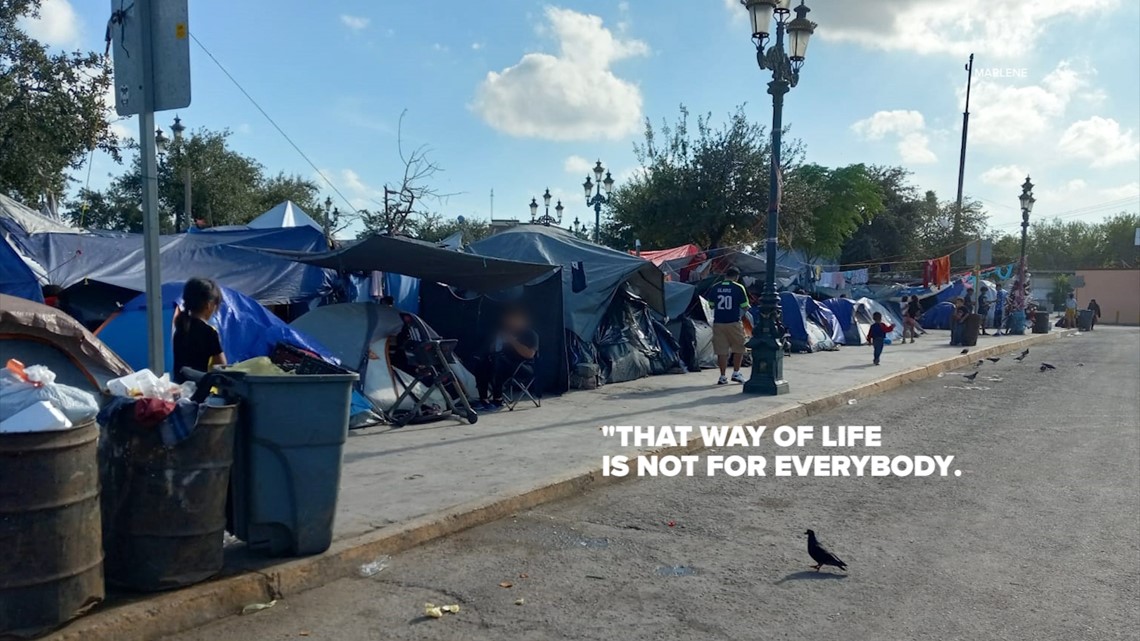
“That life is not for everybody,” Marlene said of living at the migrant camp. “I never imagined I would live inside a tent. We spent around two months living in tents, paying to use the restroom, paying to charge my phone, making long lines to get food. I told my kids if we should go back. They said no. My oldest daughter said she would rather live in the tents.”
Each.Step.Home Advocating for children
Advocates working at the Reynosa encampment have told KENS 5, the tent city has been growing for months, since the U.S. continues to expel the majority of migrants who cross the border. The government uses Title 42, a CDC rule President Donald Trump implemented when the pandemic first began. It allows the Border Patrol to remove people for public health reasons. The current administration has kept it.
Advocates have long said the U.S. immigration policies, including the use of Title 42, are forcing parents to make the choice to send their children across the border alone, with a coyote.
“What we see is families getting separated at the border every day,” said Casey Revkin, CFO of non-profit Each.Step.Home, which advocates for detained migrant children.

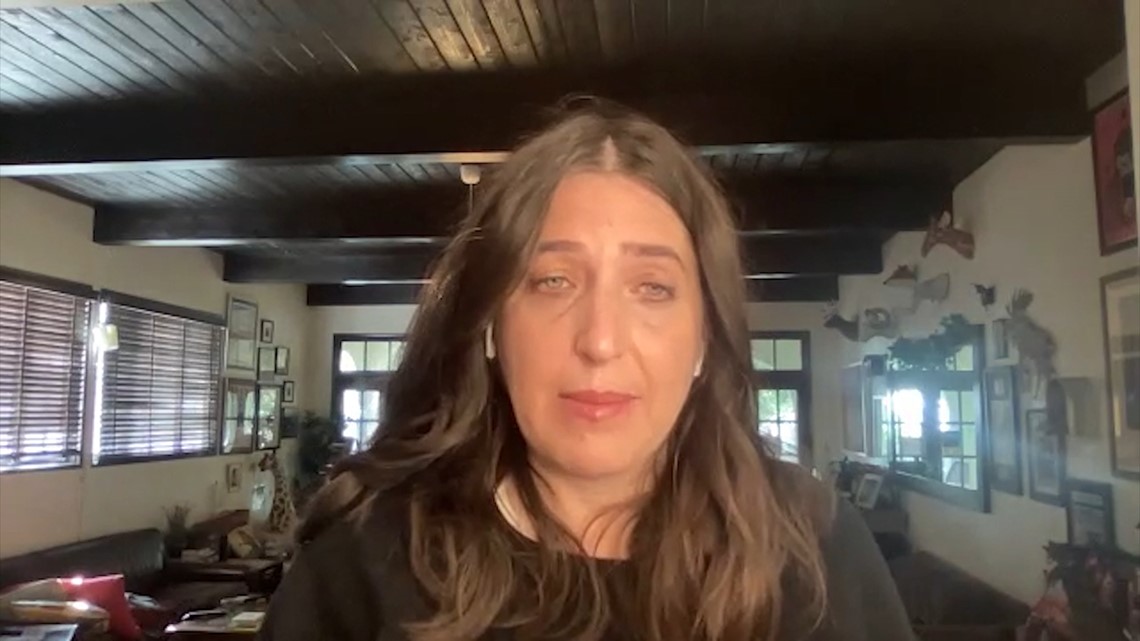
“Because the border is closed to adults, and family units, they will send the family back to Mexico. And in so many cases, these families will then get kidnapped when they’re back in Mexico,” Revkin said. “These mothers, who just want to keep their children safe, realize they can't keep their children safe in Mexico. But they know that if they send their children over the border alone, that they will be accepted, but only if they cross the border alone. So, they make this heartbreaking decision to separate from their children and send their children over the border alone. And it's really sad. And then those children arrive in our country as unaccompanied minors, and they're detained as unaccompanied minors until they can be released to family members.”
'We're all family' Finding a home
Marlene’s sister lives in Houston.
“My sister would tell me, ‘send them, don’t let them live like that,’” Marlene told KENS 5. “I’ll take care of the children. They’re like my own children. I know they’re going to be ok with her.”
After crossing the border and being in federal custody for several weeks, Marlene’s kids were released to her sister.

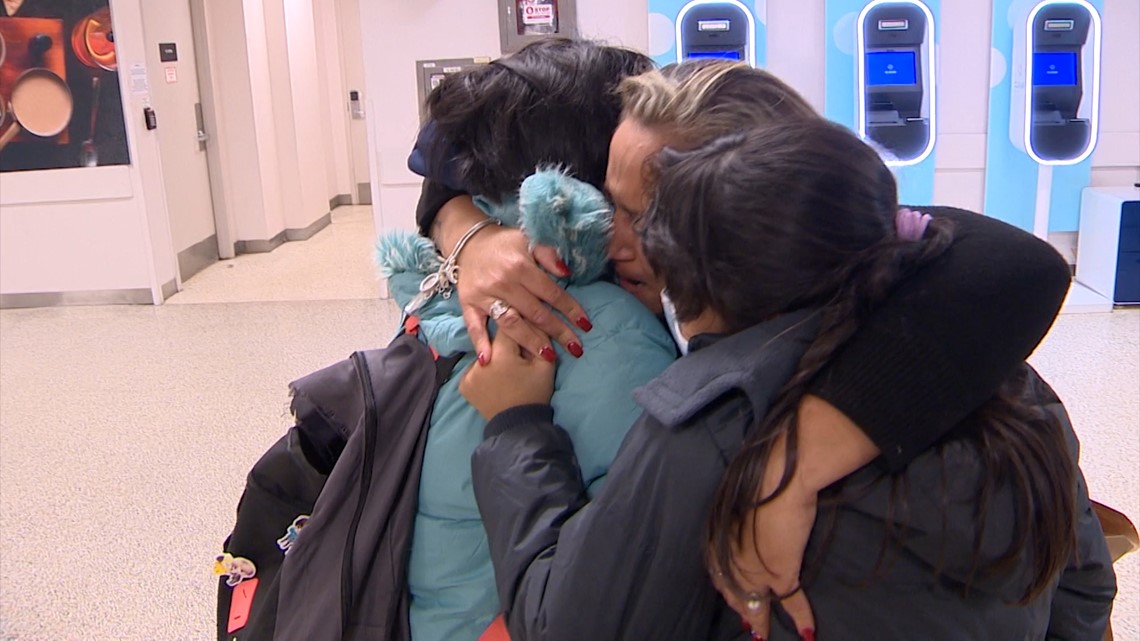
“We are going to take care of them,” Marlene’s sister Catalina told KENS 5. “We’re going to give them what they need. We’re going to make sure they are okay. It’s our turn, we have to do it. We’re all family.”
Having her children live with her sister Catalina, whose name KENS 5 changed for safety reasons, is not a decision Marlene made lightly. It’s a choice, she said, she had to make for them.
“Soon, I ask God to allow me to reunite with them,” Marlene said, “to eat with them at a table, go out. Even if they say that life over there is difficult, you have to work all the time. I have to have an opportunity to be over there and be able to share things again.”
At this moment, Marlene remains in Reynosa, with no clear path forward.
Each.Step.Home. is helping her kids enroll in school and connect with services in the Houston area. The children have an open asylum claim and can stay in the U.S. while it’s being adjudicated, or longer if the asylum is granted.


